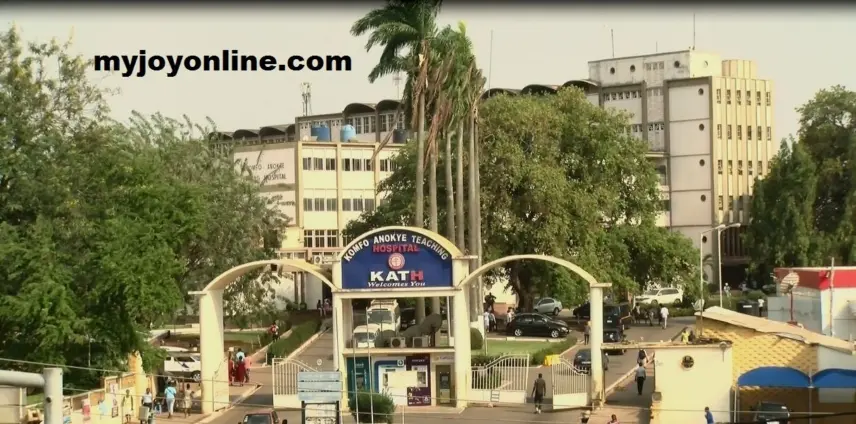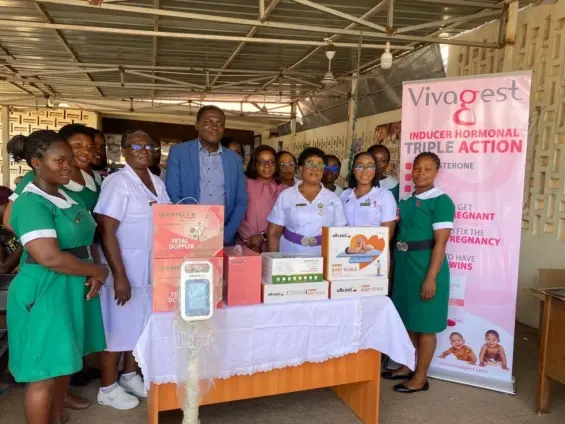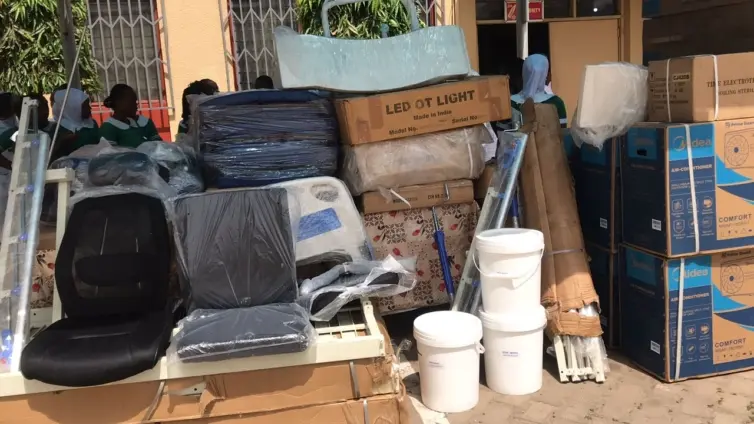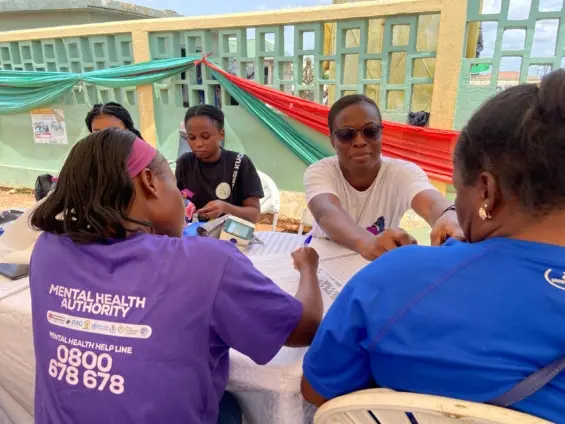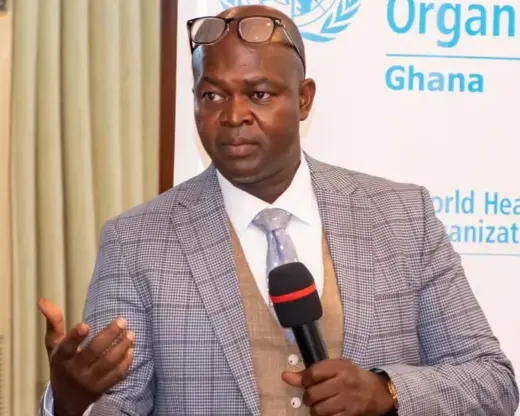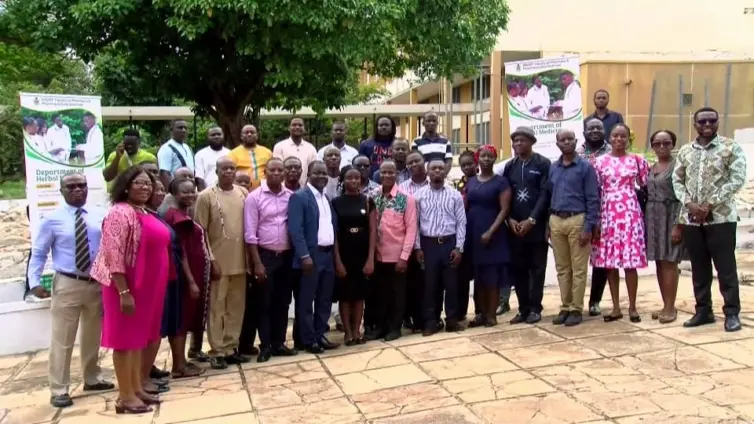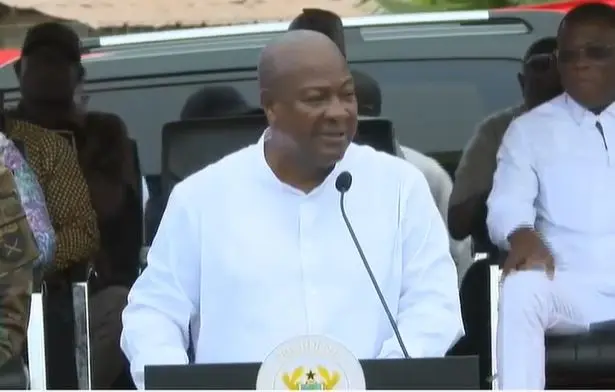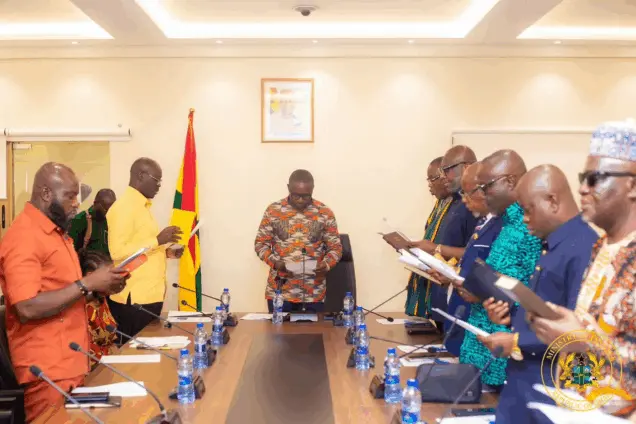The frustration within the Ghana National Ambulance Service (GNAS) is palpable. Imagine an emergency unfolding, every second critical, yet the ambulance is delayed, not by traffic, but by a cacophony of sirens – sirens misused by non-emergency vehicles. The alarming reality is that emergency response times in Ghana are being hampered, in part, by the increasing and illegal use of sirens by vehicles not responding to genuine emergencies. A particularly concerning issue is the growing accusations against hearse operators for their blatant abuse of emergency sirens. This dangerous practice forces emergency vehicles to struggle through traffic, delaying critical care. The Ghana National Ambulance Service (GNAS) is now demanding action, calling for stricter enforcement and potential arrests for those engaging in hearse siren abuse and the misuse of emergency signals. Only with action can the GNAS ensure that ambulances reach patients in time during real emergencies, tackling the issue of emergency response delays Ghana.
The Alarming Rise of Siren Abuse in Ghana
The Ghana National Ambulance Service has expressed serious concerns about the growing and widespread misuse of emergency sirens by various motorists. The abuse of sirens by non-emergency vehicles is more than just an inconvenience; it’s a dangerous trend that jeopardizes public safety, according to the GNAS. The Ambulance service has reported that it is “alarmed by the rampant abuse of the emergency sirens by some motorists, particularly hearse operators and individuals who employ the services of a motorcade.” This misuse isn’t an isolated occurrence but an endemic problem affecting the efficiency of emergency services across the country.
The Ambulance Service is distraught by the challenges that siren misuse poses, directly affecting its ability to respond swiftly to emergencies. The consequences are severe, with motorists frequently ignoring or disregarding the legitimate sirens of ambulances. This refusal to give way significantly hinders the progress of emergency vehicles. The result can be tragically delayed patient care.
Ashanti Regional Manager of the Ghana National Ambulance Service, Paemt Sommik Duut Miilon, specifically called out hearse operators for their role in this abuse. According to Mr. Miilon, their misuse contributes significantly to delays in emergency response times. “On Fridays and Saturdays, you see the hearse operators on the roads. There’s no emergency for dead bodies, so those people need to be arrested by police and prosecuted,” he stated, highlighting the frustration and the urgent need for legal intervention.
The Impact on Emergency Response Times
Currently, the average emergency response time in the Ashanti Region stands at 17 minutes. This falls far short of the international standard of approximately 8 minutes, with some regions aiming for even lower times of around 5 minutes. The excessive delays in reaching those in need of urgent medical attention is a source of great concern for healthcare professionals and the public alike.
While siren abuse is a major factor, Mr. Duut clarified that the issue of ambulance response times is multifaceted. Delays aren’t solely due to a lack of available or operational ambulances. Additional factors, such as frequent and unnecessary patient transfer requests between hospitals, as well as a high volume of prank calls, also contribute to the problem, stretching resources and attention.
The Ghana National Ambulance Service fields at least 200 prank calls every single day. According to Mr. Duut, these calls range from insults to nonsensical requests, all of which tie up the emergency lines, making it harder for those with legitimate emergencies to get through. “We have the 112 which is the emergency line for Ghana but we can get over 200 to 300 pranked calls, the line doesn’t rest. These aren’t harmless jokes. They range from insults to nonsensical requests like airtime, all of which choke the lifeline meant for real emergencies,” he explained.
Calls for Enforcement and Public Awareness
Mr. Duut strongly urged all road users to be more conscientious and to give way to emergency vehicles promptly. He also emphasized the critical need for stricter enforcement of regulations concerning the misuse of sirens. By prioritizing the free passage of legitimate emergency vehicles, authorities can help ensure that ambulances reach those in need as quickly as possible.
Beyond enforcement, the public has a vital role to play. The public must stop misusing emergency lines with prank calls and learn to respond responsibly to emergency vehicles, making way swiftly and safely. “Ghana’s EMS professionals are equipped and ready but they can only save lives if the public stops misusing emergency lines and starts responding responsibly. Prank calls aren’t just annoying they’re deadly distractions,” Mr. Duut stated.
The Ghana National Ambulance Service is taking a firm stance against the issue of hearse siren abuse Ghana, as well as other forms of siren misuse. The negative impact on emergency response times is unacceptable. The Ashanti Regional Manager is calling for immediate action to prevent further abuse. This includes strict enforcement and, where necessary, the prosecution of offenders. Prank calls only compound the problem. Only with collaborative effort and decisive action can the GNAS ensure its ambulances reach those who desperately need help.
Authorities must act swiftly to prevent further instances of siren abuse, ensuring that emergency services can operate effectively. The public must also play its part by giving way to ambulances and refraining from making prank calls. Respecting emergency services and ensuring their ability to respond quickly and safely is paramount to saving lives.
Image Source: MYJOYONLINE


